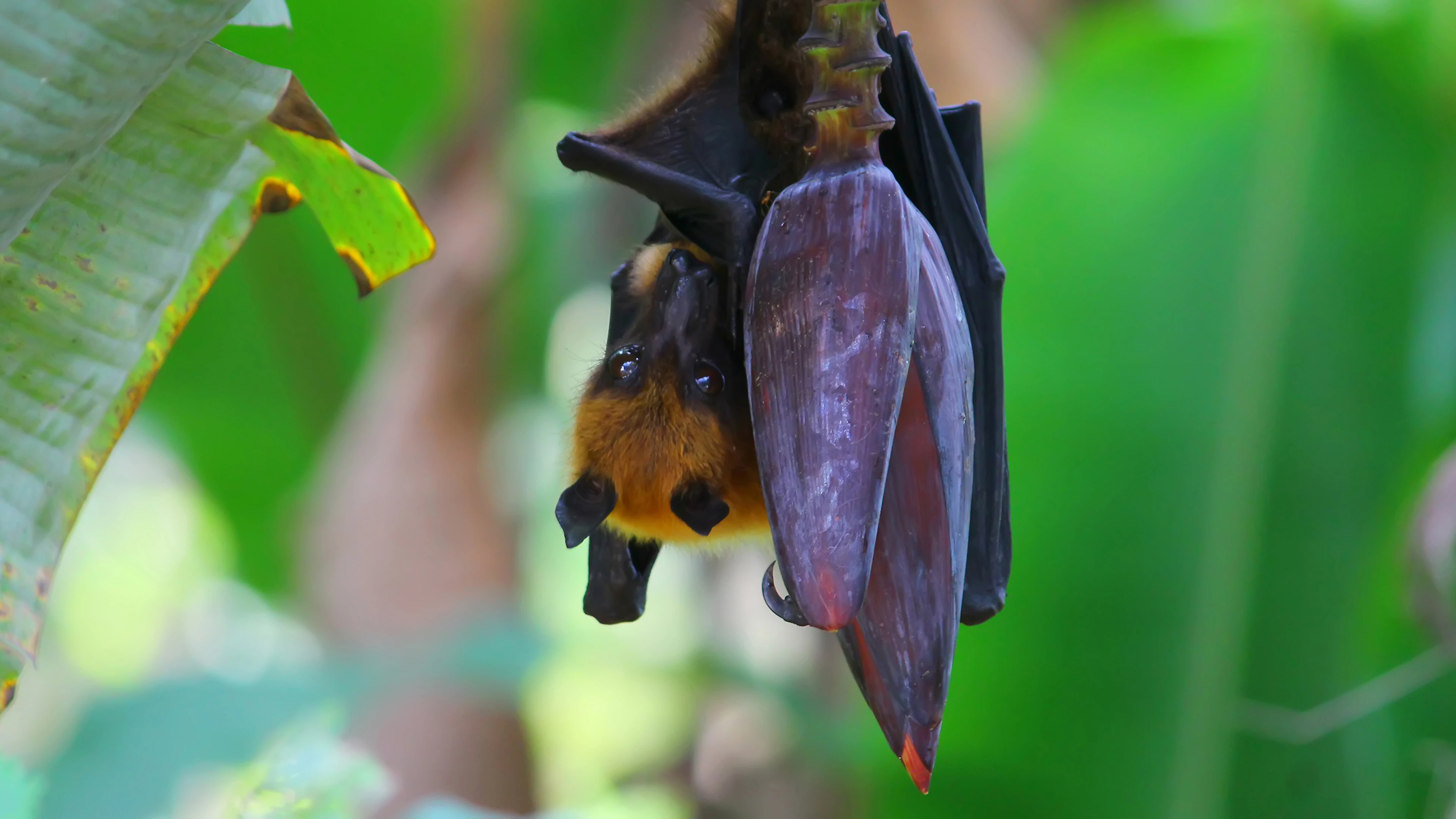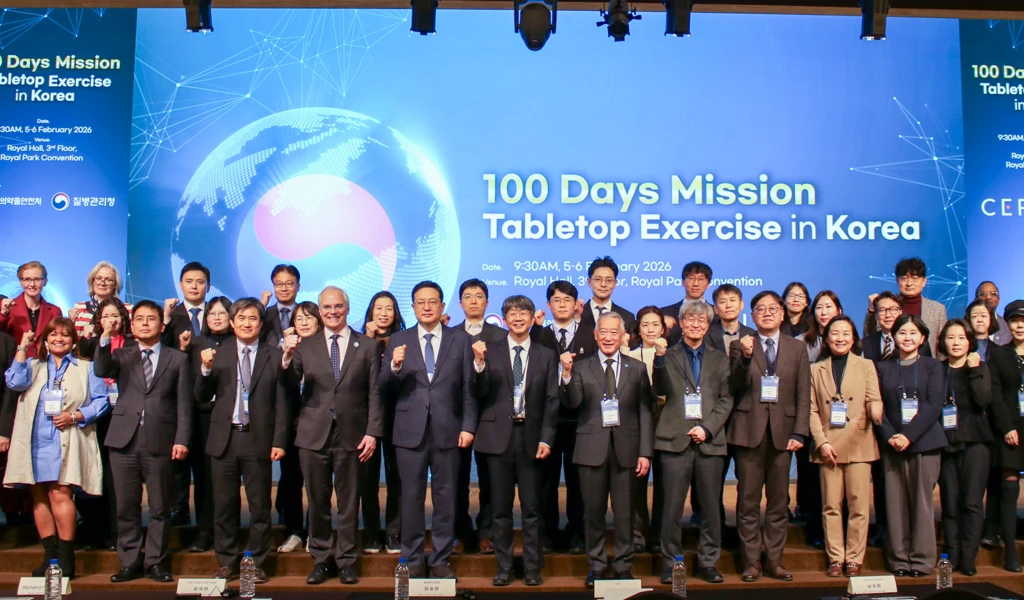10 July 2025; OSLO - A promising vaccine candidate against one of the world’s most deadly viruses, Nipah, is ready for testing in mid-stage human trials in Bangladesh, where people now die almost every year in Nipah disease outbreaks. When the trial launches in early 2026, the vaccine (PHV02)—developed by the U.S.-based biotech company Public Health Vaccines (PHV)—will be among the first Nipah vaccine candidates to reach this stage of testing in people.
CEPI will provide US$17.3 million to Public Health Vaccines to support the trial, building on a previous investment that successfully advanced its Nipah vaccine through early-stage clinical testing—Phase Ia and Phase Ib clinical trials—demonstrating a good safety profile and immunogenicity in both one- and two-dose regimens. The additional funds will ensure the continued development of this vaccine into Phase II trials to test its safety, tolerability, manufacturability and ability to generate an immune response. Researchers aim to recruit around 500 adult and 75 paediatric participants in Bangladesh.
“Public Health Vaccine’s Nipah virus vaccine candidate has shown promising early results in clinical testing, demonstrating its potential to rapidly induce vaccine immunity after a single injection. This would make it an ideal protective candidate against Nipah, which is a highly lethal virus,” said Dr Kent Kester, CEPI’s Executive Director of Vaccine Research and Development. “CEPI is delighted to continue its partnership with Public Health Vaccines through this additional funding, enabling the vaccine to progress into Phase II clinical trials and help bring the promise of protection against Nipah virus closer than ever.”
Nipah is a zoonotic viral disease caused by a member of the Paramyxovirus family. It can kill up to 75 percent of the people it infects, and there are currently no approved treatments or vaccines against it. Recent cases of Nipah virus have been most frequent in India and Bangladesh, but the fruit bats that carry and spread the virus are found in many parts of the world, putting an estimated 2 billion people at risk of this potentially deadly infection.
CEPI is the world’s largest funder of Nipah virus research, committing over US$100 million to its Nipah vaccine and biologics programmes and related enabling science projects.
If this candidate proves successful and gains regulatory approval, CEPI and PHV will have the option to create a stockpile of the vaccine for use in a Nipah-affected country. This means that should an outbreak emerge in the future, these vaccines could be more readily and rapidly available, helping protect high-risk people such as healthcare workers and ending an outbreak sooner.
“Developing countermeasures against disease threats of pandemic potential has never been more important or challenging. PHV is dedicated to developing vaccines to help reduce and control the risk of emerging diseases one threat at a time. Endemic populations at-risk for Nipah virus disease are faced with the increasing risk of outbreaks with no vaccines or treatments; the need is now”, said Dr. Joan Fusco, Principal Investigator and PHV’s Chief Operating Officer. “Our novel Nipah vaccine, PHV02, has successfully completed Phase 1 clinical studies and is entering advanced translational development. CEPI is a world leader that recognizes the criticality of this work. We are honored to have CEPI’s continued support and partnership to realize our aligned mission. We aim to deliver a safe and effective Nipah vaccine that is available, accessible and affordable for all and we are now one step closer to accomplishing that joint goal.”
The PHV02 vaccine is a live, attenuated, recombinant vesicular stomatitis virus (rVSV) vector that expresses the glycoprotein of the Nipah virus (Bangladesh strain) and the Ebola virus glycoprotein, which is required for receptor-mediated viral entry. The immune system recognises the Nipah glycoprotein and produces a response that can neutralise the infectious virus. The rVSV-Nipah vaccine was developed by the Laboratory of Dr. Heinz Feldmann within the Laboratory of Virology, Division of Intramural Research, National Institute of Allergy and Infectious Diseases (NIAID), part of the National Institutes of Health, and has been licensed to PHV by NIAID. PHV02 is based on the same technology as the approved Ebola vaccine, rVSV-ZEBOV, which has been proven to work well and has been used to fight previous Ebola outbreaks.
The VSV-vector-based platform could also be useful for facing a future Disease X—an as-yet-unknown pathogen with pandemic potential—because it allows for rapid plug-and-play vaccine development. As the platform is further validated, scientists could quickly insert genetic material from a new or unknown pathogen into the same VSV backbone, accelerating preclinical work, manufacturing, and regulatory pathways. As such, this project will make a valuable contribution to CEPI’s 100 Days Mission—a goal to compress vaccine development timelines in response to a pandemic threat to a little over three months.
Commitment to equitable access
CEPI and the PHV are committed to enabling access to any vaccine outputs developed through this partnership, in line with CEPI’s Equitable Access Policy. This includes developing a target product profile suitable for low-income and middle-income countries (LMICs), assessing the need for technology transfer to LMICs, and priority supply to LMICs at an affordable price, and a Public Health License. This license grants CEPI the rights to enable the development of the vaccine to move forward quickly in the event of an outbreak and ensures continuity for the vaccine's future development. The clinical trial data generated by this project will be published open access to benefit public health and research communities.
- ENDS -
Notes to Editors
About CEPI
CEPI is an innovative partnership between public, private, philanthropic, and civil organisations. Its mission is to accelerate the development of vaccines and other biologic countermeasures against epidemic and pandemic threats so they can be accessible to all people in need. CEPI has supported the development of more than 60 vaccine candidates or platform technologies against multiple known high-risk pathogens or a future Disease X. Central to CEPI’s pandemic-beating plan is the ‘100 Days Mission’ to compress the time taken to develop safe, effective, globally accessible vaccines against new threats to just 100 days. Learn more at CEPI.net.
About Public Health Vaccines
Public Health Vaccines, LLC. (PHV), headquartered in Cambridge, Massachusetts, is a privately-held biotechnology company developing products for the prevention and control of emerging infectious diseases. The company’s initial focus was to develop vaccines against Marburg virus and Sudan ebolavirus utilizing the rVSV platform in collaboration with the Biomedical Advanced Research and Development Authority (BARDA). PHV is also developing a vaccine against Nipah virus, in collaboration with CEPI utilizing the same rVSV platform.
For more information, please visit www.phvaccines.com.
Media contacts
CEPI
Email: [email protected]
Telephone: +44 7387 055214
PHV
Email: [email protected]



.webp)
